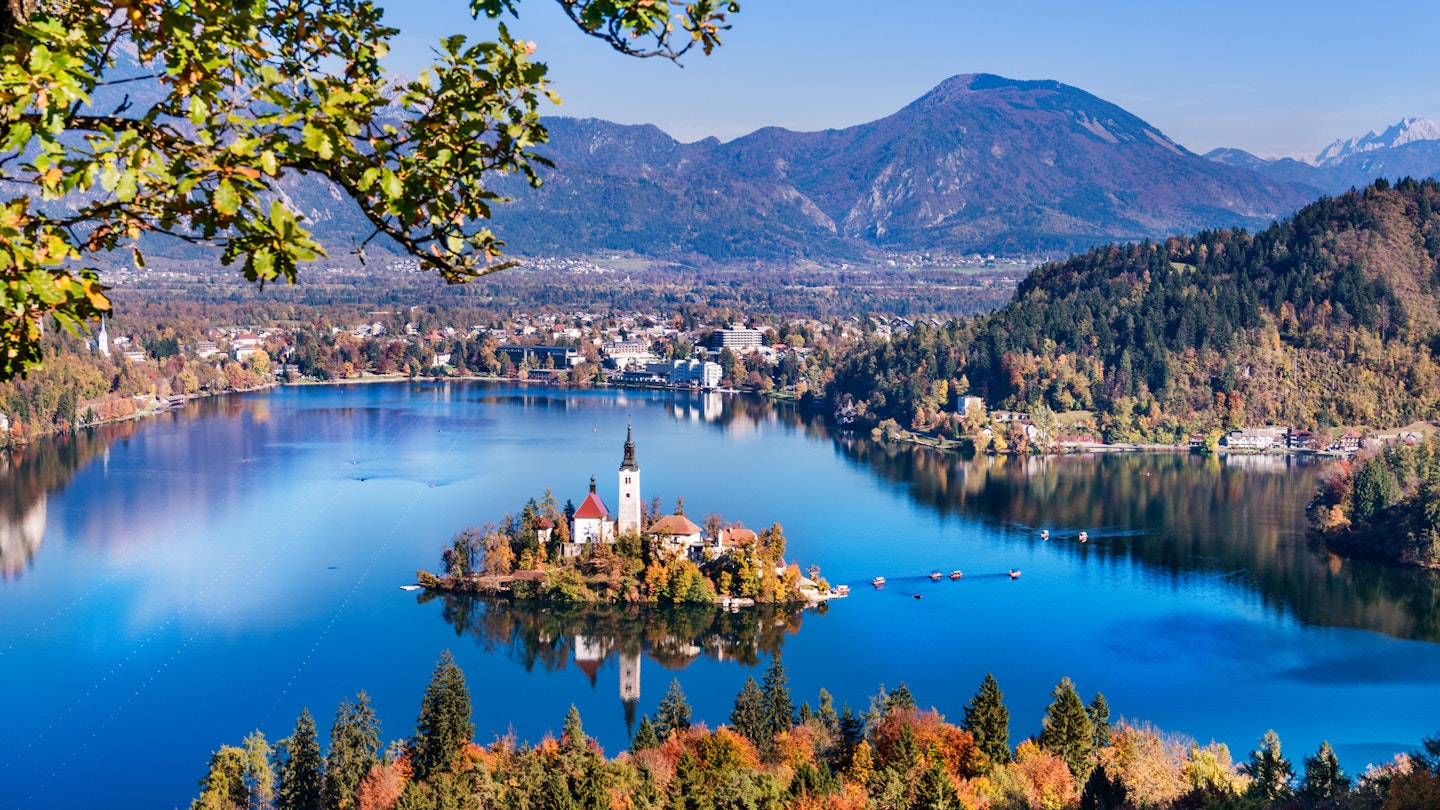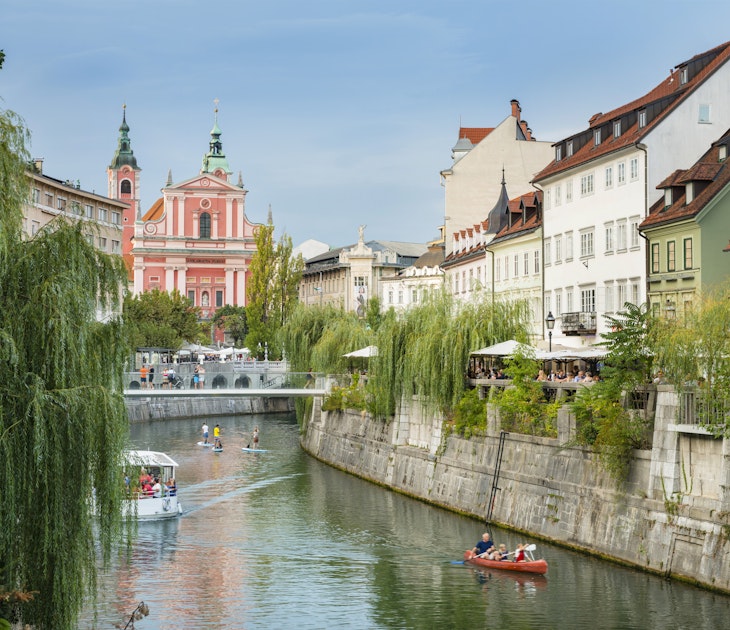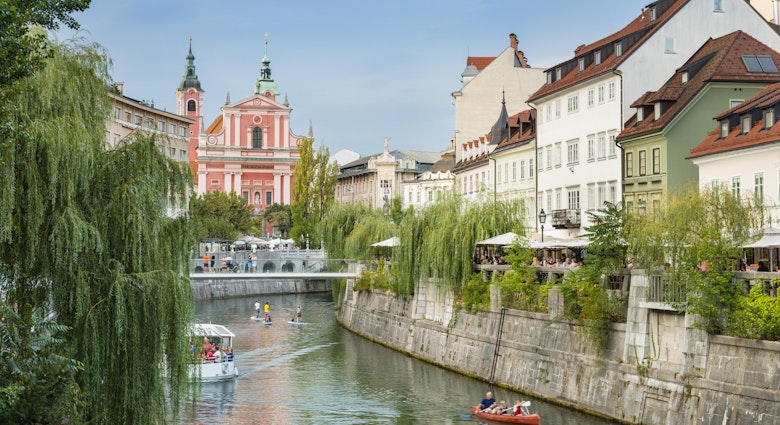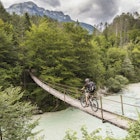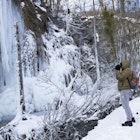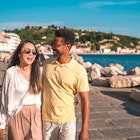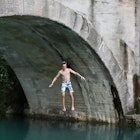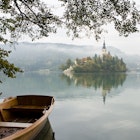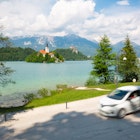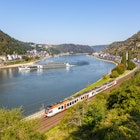I’ve been writing about Slovenia for Lonely Planet now for more than a decade.
On every trip, I’ve found Slovenians to be highly welcoming and proud of their country, particularly of Slovenia’s commitment to the environment and sustainability. English is widely spoken and you’re unlikely to have any problems hitting the ground running.
That said, a little local knowledge can help grease the wheels and make a trip to this beautiful country more rewarding and pleasurable. Here are some ideas and tips for how to prepare before you get there.
1. Book hotels and popular restaurants well in advance
By now, word has traveled far and wide about Slovenia’s immense physical beauty and its emerging rep as a high-end foodie destination. That means it’s no longer possible simply to turn up and expect to find accommodation bargains or tables at top restaurants. Ljubljana is popular year-round, so start your room hunt the moment you decide to visit. The same goes for Lake Bled and Lake Bohinj and the towns and resorts along the country’s Adriatic coastline. These all can get full to bursting in high season (July and August).
Top Slovenian chefs like Ana Roš, and her Michelin-starred restaurant Hiša Franko in Kobarid, have got gourmands around the world salivating at the very prospect of visiting the country. Book any restaurant with a whiff of foodie cred at least a month in advance.

2. Tack on an extra couple of days to your trip
Many travelers, regrettably, allocate just a long weekend or perhaps a week at most here. That may be enough time to get a sense of Ljubljana and possibly make a side trip to Lake Bled or the Adriatic coast, but it’s not enough for taking in all the sights Slovenia has to offer. The country may be small, but it packs in tremendous geographic diversity. After you’ve hit the main highlights, consider at minimum visiting the Soča Valley, the Goriška Brda wine communities, and the spectacular caves and landscapes of the Karst Region.
And certainly don’t overlook the east of the country, around cities like Maribor and Ptuj, which sees far fewer visitors than the Alpine and coastal regions of the west. In interacting with many, many travelers over the years, I’ve never once heard a visitor on returning home say they wished they’d planned to spend fewer days here.
Exploring Slovenia by car or bike? Here are the top road-trip routes
3. Call ahead when visiting wineries
A visit to a Slovenian winery, with a chance to meet the winemakers and sample the grape, is a highlight of any visit to the country. Prime tasting areas include Goriška Brda, Metlika, Brežice, Maribor, and many others. That said, resist the temptation simply to pull up at a winery gate and expect a tasting (as you might in other countries). It’s better to phone in advance or book a tasting over the winery website.
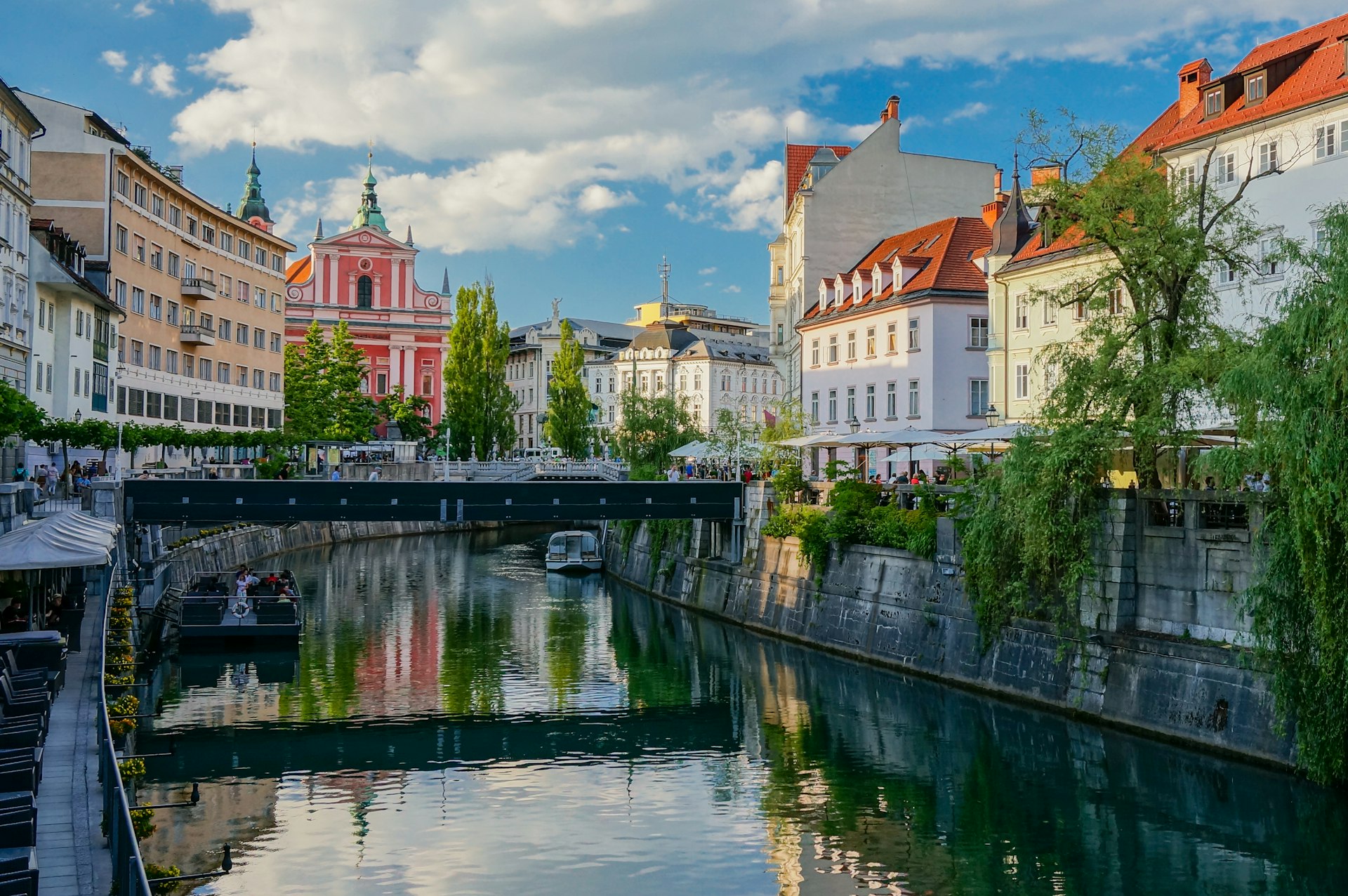
4. Take advantage of discount cards
Travelers are often reluctant to invest in city tourism cards out of skepticism for how much money they’ll actually save. In Slovenia, that's a mistake, as these cards can represent good value. The Ljubljana Card, sold at tourist information centers, includes free entry to many museums as well as unlimited travel on city buses, a free funicular to Ljubljana Castle, and bus transfer to Ljubljana Airport.
Additionally, students and people over 65 often qualify for discounted admission at museums and other attractions. When traveling with kids, look out for special “family” admission prices for up to two adults and two children.
5. Learn some Slovenian phrases
Slovenians are polyglots. In addition to English, many people speak German and Italian. However, it doesn’t hurt at all (and may even open some doors) if you can muster a few common phrases in Slovenian. Start off with dober dan, meaning “good day.” Prosim means “please,” and hvala is the way to say ”thank you.”
6. Get chatting with locals
Many Slovenians can be reserved in their daily interactions, but that doesn’t mean they aren’t friendly. Feel free to say hello to or ask questions of anyone you might meet. Most people will happily engage and pass along helpful information. Making contact goes beyond merely saying hi; it’s a great way to learn about the country. Don’t be surprised if a casual greeting leads to a longer chat over beer, coffee or schnapps. It’s all part of the culture.

7. Pack clothes for the outdoors
Slovenians enjoy getting out into the fresh air. Even if you’re just planning a city break in Ljubljana, you never know when you might get tempted by or pulled out on a hike. That means it’s best to bring along comfortable walking shoes (or boots if you’re planning on spending time in the higher elevations) as well as rain gear or a windbreaker (or whatever might be appropriate for the season). That said, don’t worry about packing too many fancy clothes. Slovenians aren’t overly dogmatic about fashion. When in doubt, go smart casual; even the most famous restaurants in the country keep it pretty chill.
8. Walk or cycle when you can
Slovenians love their cars, but wherever possible they often prefer to walk, hike or bike (rather than simply jump behind the wheel). It helps that well-marked walking and cycling trails crisscross just about every city, town and region in the land. Moving around on your own power isn't just a good way to keep fit, it's often faster and more convenient than waiting for public transportation. Ljubljana is a prime cycling territory, but pedestrians need to watch out so that they don't accidently walk into a designated cycling lane. That’s sure to earn a shrill bicycle bell and, potentially, a stiff word or two.
9. Be aware of ticks in open areas
Like much of Central Europe, Slovenia's forests and grasslands are filled with ticks. On hikes or treks, use repellents and cover up exposed skin. Always check your legs and arms after any prolonged hike or camping in the open air. Ticks can carry two serious diseases: tick-borne encephalitis and Lyme disease. The latter can sometimes be treated with antibiotics; the former is rarer but can only be avoided by prior vaccination. Mosquitoes can also be an annoyance around lakes and ponds in warmer months. Bring a good mosquito repellent just in case.
Looking to get outside? Here are our top hiking routes in Slovenia
10. Drive with caution in winter
Winters often bring treacherous ice and snow to Slovenian roadways, particularly in higher-elevation areas. Indeed, from November to April, many roads may be closed or impassable. These include the country's highest alpine circuit, the 1611m (5285ft) Vršič Pass, which typically shuts down in late October and reopens only in late April. The Traffic Information Center website has updated information on nationwide road hazards, closures and weather delays.
11. Know your limits before hitting the trails
Sadly, every tourist season brings news of a tragic accident, where someone misjudges the risks and takes unnecessary chances. While some Slovenian trekking routes are well-trodden – the country has more than 9000km (5590 miles) of trails – it's very easy to get off the beaten path, particularly at higher elevations.
It goes without saying (but it's worth repeating): always make sure you’re carrying the right equipment and be sure to seek local guidance before setting out. Consider hiring a local guide if in doubt. Let people know where you’re going and be mindful of changing weather conditions. If you have more-ambitious plans to tackle the multiple via ferrata routes (trails with permanent cables and ladders), bring along your own gear, like harnesses, lanyards, gloves and helmets. In any emergency on the trails, contact the Mountain Rescue Association of Slovenia (GRZS) by dialing 112.


